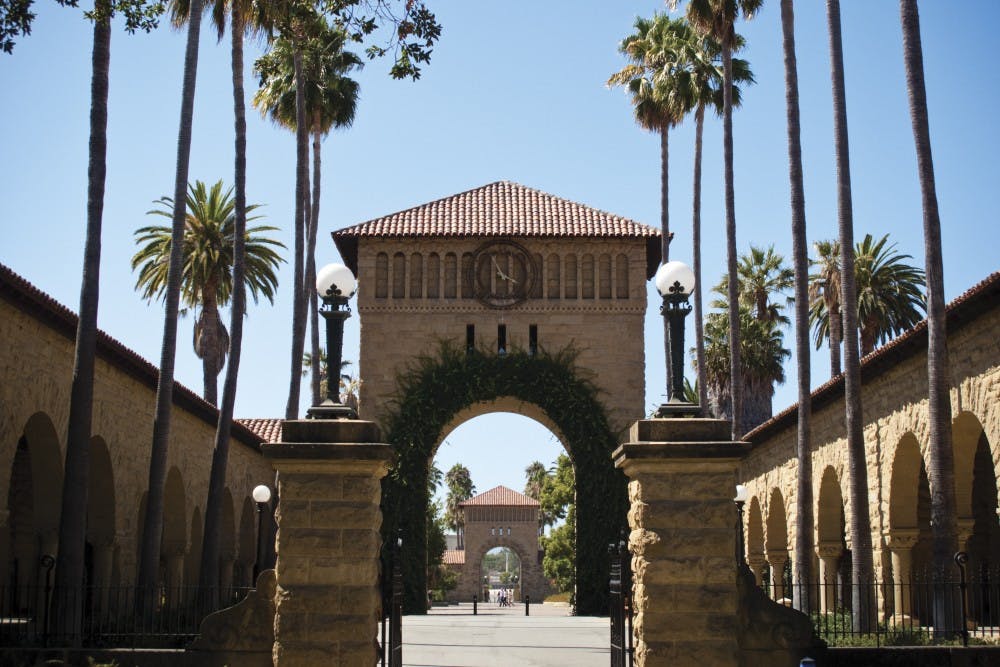
Courtesy of Anna Fox
An independent state commission cleared Judge Aaron Persky, who presided over the Brock Turner sexual assault case, of any wrongdoings. Persky had been accused of showing bias and abusing authority after he sentenced Turner to six months in jail.
Turner was convicted of three felony counts of sexual assault and was released from jail after only three months. According to CNN, protests over Turner’s sentencing and release have generated “a campaign to recall the judge, who will no longer hear criminal cases." California has also approved legislation to make prison time mandatory in some sexual assaults, and Stanford University enacted a ban on hard alcohol on campus.
Tuner’s sentence was widely criticized, prompting the Commission on Judicial Performance, an independent state agency, to look into the complaints. After reviewing thousands of complaints, the commission determined that Persky's actions did not amount to judicial misconduct. The investigation could have led to sanctions or Persky's dismissal, but could not have bearing on Turner's sentence. .
Part of the dissatisfaction with Turner’s sentencing stems from the alleged “athletic privilege” Turner was privy to, the CNN article said. According to legal experts and academics, even though athletes are more likely to be arrested for sexual assault than the general population, “little to no time in jail or prison is common among college athletes convicted of first-time sexual offenses — if they are charged at all.”
Jennifer Long, a Philadelphia prosecutor, expressed dissatisfaction with Tuner’s sentence and service. Long is chief executive officer of AEquitas, an organization that supports prosecutors in sexual assault cases. “Far too often we look at perpetrators in a less blameworthy way and minimize what happened to the victim,” Long said to CNN.
The Daily Pennsylvanian is an independent, student-run newspaper. Please consider making a donation to support the coverage that shapes the University. Your generosity ensures a future of strong journalism at Penn.
Donate




